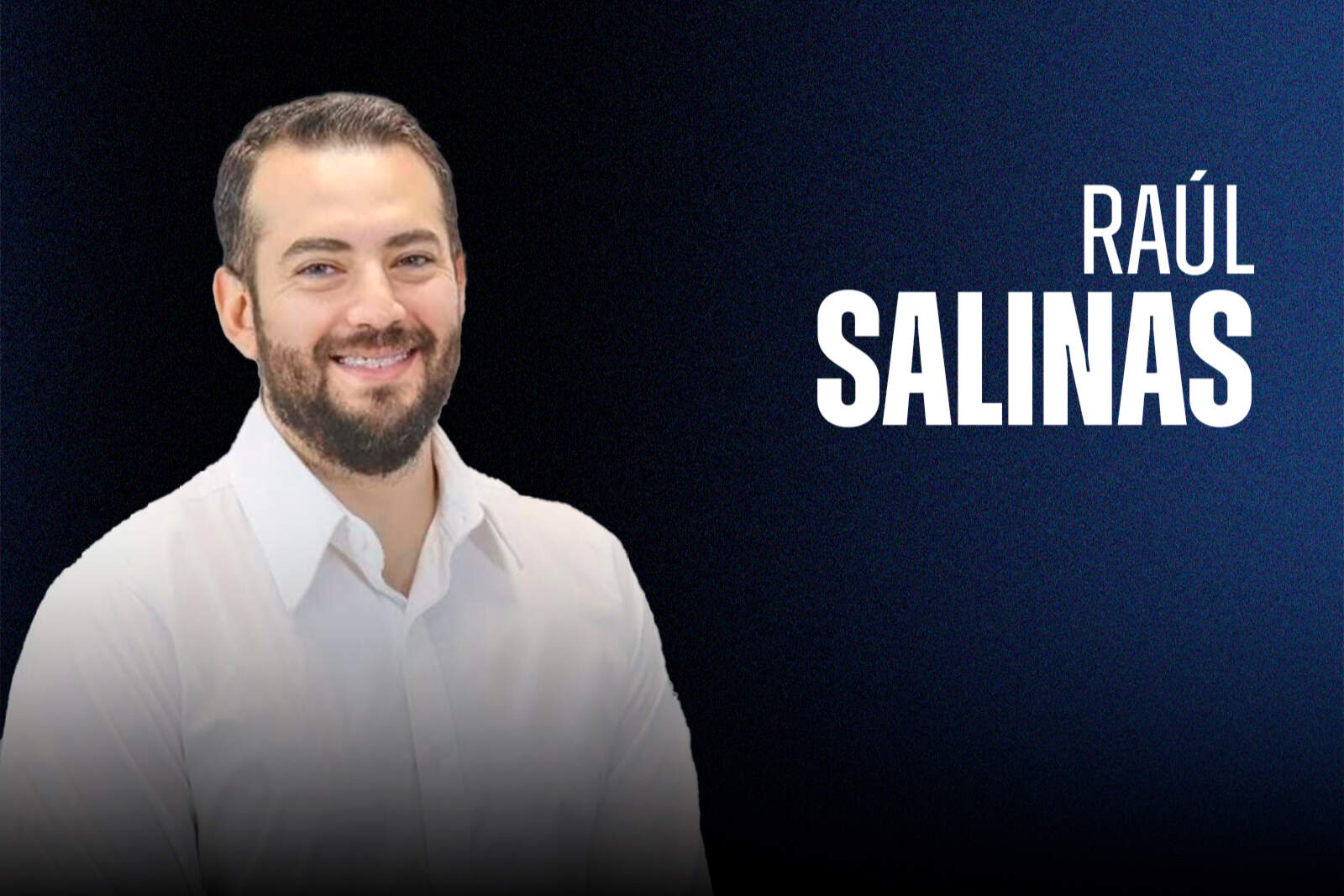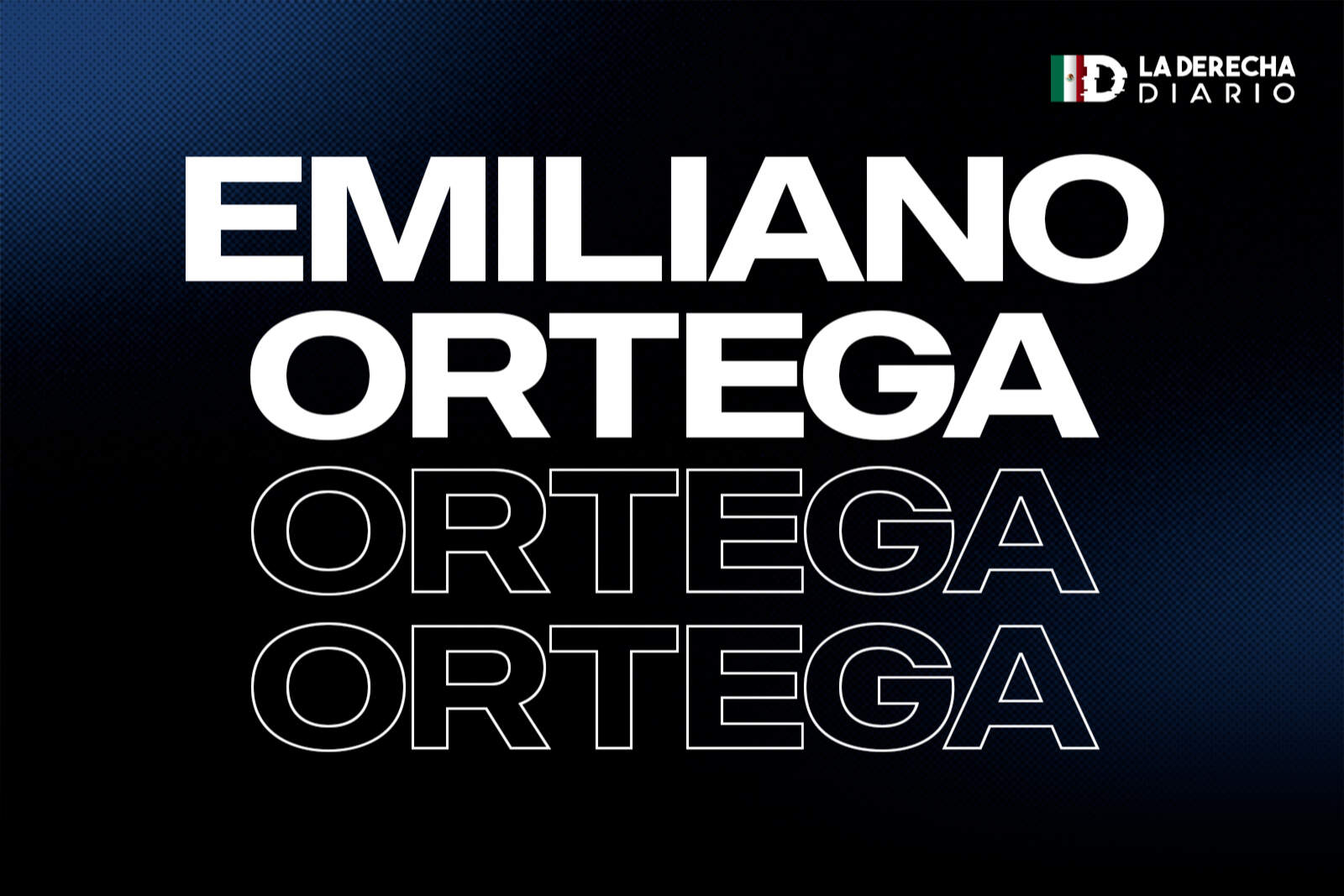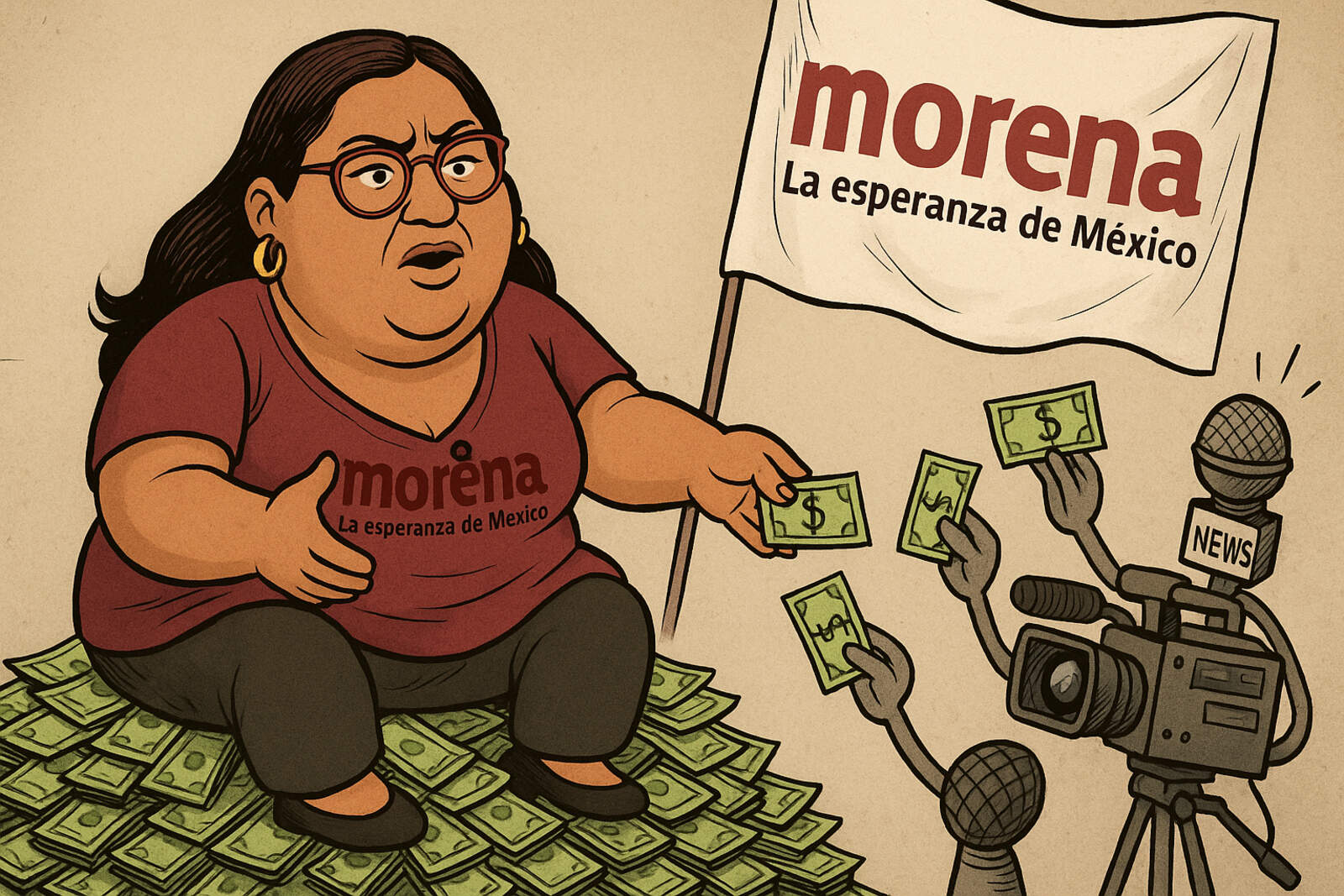
Chicharito, Salinas Pliego and national hypocrisy: Mexico between the meme and the abyss


porEditorial Team
Mexico
Superficial outrage and forgetfulness of what is essential
For Mexicans, Chicharito hurt us, but not because of that missed penalty in a World Cup or his football decline. He hurt us in the deepest part of our national pride when he said that women should reconnect with their "feminine energy" and take care of the home.
Within minutes, Twitter exploded, Facebook was ablaze, and even the president took the time to give lessons in feminist morality. Meanwhile, far from the cameras and the trending topic, Irma, a 62-year-old taxi driver in Veracruz, was kidnapped and forced to record her death sentence.
But calm down, according to Rocío Nahle, governor of the state, Irma did not die murdered; she just had a timely heart attack right in the middle of her kidnapping. An explanation that, ironically, did not generate viral outrage among Mexican progressives, so sensitive and selective with their social causes.
Mexico has become a society that prefers superficial outrage over media trivialities rather than facing the structural violence, systematic corruption, and chronic inequality that truly threaten to drag the country into an irreversible abyss.
The Mexican who is functional to the current system is an expert in convenient outrage. A footballer says something stupid, and social media ignites and becomes the Internet's Holy Inquisition. But when real blood runs in the streets, when bodies appear hanging from bridges or searching mothers are murdered for demanding justice, digital activism dissolves into a silence that is strategically useful to those in power.
Where were the corporate statements when thousands of women disappeared? Why does the State remain silent when girls are murdered alongside their mother as in Sonora? Why does a death by "heart attack" during a kidnapping not cause a scandal?
We are obsessed with symbolism because it allows us to be outraged from the sofa, without effort or real consequences. But confronting structural violence, daily femicides (as classified in Mexican legislation), or the unstoppable advance of organized crime forces us to recognize our silent complicity.
This is where uncomfortable figures who generate capital appear, such as Ricardo Salinas Pliego, uncomfortable for the current official narrative. A controversial businessman, equally hated and admired, who today represents a kind of cultural resistance against the government's single discourse.
He irritates us because he doesn't ask permission to speak, because he questions the official narrative, because while the State distributes speeches and welfare scholarships, he creates jobs and real wealth. In today's Mexico, that is a crime of lèse-majesté against a system that needs to keep the poor poor to justify its own existence and that bathes society in resentment.
The Fourth Transformation has turned discourse into a national industry. It promised social justice, but delivered a cheap and permanent reality show where public morality is recycled daily in the morning press conference.
They talk about fighting neoliberalism while handing over strategic monopolies to the military, from airports to hospitals. Corruption remains rampant, now selectively directed by a presidential finger that determines who is corrupt and who is not, who deserves to live in luxury and who doesn't.
Salinas Pliego is uncomfortable, yes, but he reminds us of an uncomfortable truth: without private initiative, Mexico collapses. Without entrepreneurs, without popular markets, without corner business owners, without street markets and small shops, not even Benito Juárez scholarships would exist.
The government doesn't create wealth; it simply manages it, usually poorly and with incalculable political and social costs.
As long as we continue to prioritize symbolic outrage over real tragedies, Mexico will remain trapped in memes, cheap controversies, and trending topics that distract from the real disaster.
It is time to be less outraged by controversial footballers and businessmen and more by a political system that disguises itself as justice while deepening inequality, promises security while ceding territories to organized crime, and talks about freedom while silencing the voices that question its official truth.
Mexico doesn't need more sofa digital activism; it needs citizens capable of distinguishing the symbolic from the real. Because sooner or later, reality will hit us all, and then neither Chicharito, nor Salinas, nor even a governor explaining convenient heart attacks will be able to cover up the abyss into which we are irreversibly falling.
By LCC and Psych. Luis Raúl Salinas Cordón
Noticias relacionadas


RSF: Mexico will end 2025 as the second most dangerous country for journalists

Altagracia Gómez: from Chavismo's food pantries to the corn business with the government of Mexico

Juan Ospina: a criminal lawyer without borders

The antisemitic conspiracy theorists: the real threat to the modern right.

